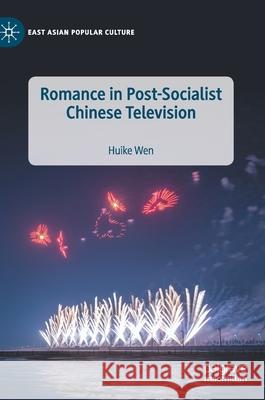Romance in Post-Socialist Chinese Television » książka
topmenu
Romance in Post-Socialist Chinese Television
ISBN-13: 9783030477288 / Angielski / Twarda / 2020 / 130 str.
Romance in Post-Socialist Chinese Television
ISBN-13: 9783030477288 / Angielski / Twarda / 2020 / 130 str.
cena 201,24
(netto: 191,66 VAT: 5%)
Najniższa cena z 30 dni: 192,74
(netto: 191,66 VAT: 5%)
Najniższa cena z 30 dni: 192,74
Termin realizacji zamówienia:
ok. 16-18 dni roboczych.
ok. 16-18 dni roboczych.
Darmowa dostawa!
Kategorie:
Kategorie BISAC:
Wydawca:
Palgrave MacMillan
Seria wydawnicza:
Język:
Angielski
ISBN-13:
9783030477288
Rok wydania:
2020
Wydanie:
2020
Numer serii:
000793615
Ilość stron:
130
Waga:
0.32 kg
Wymiary:
21.01 x 14.81 x 0.97
Oprawa:
Twarda
Wolumenów:
01
Dodatkowe informacje:
Wydanie ilustrowane











